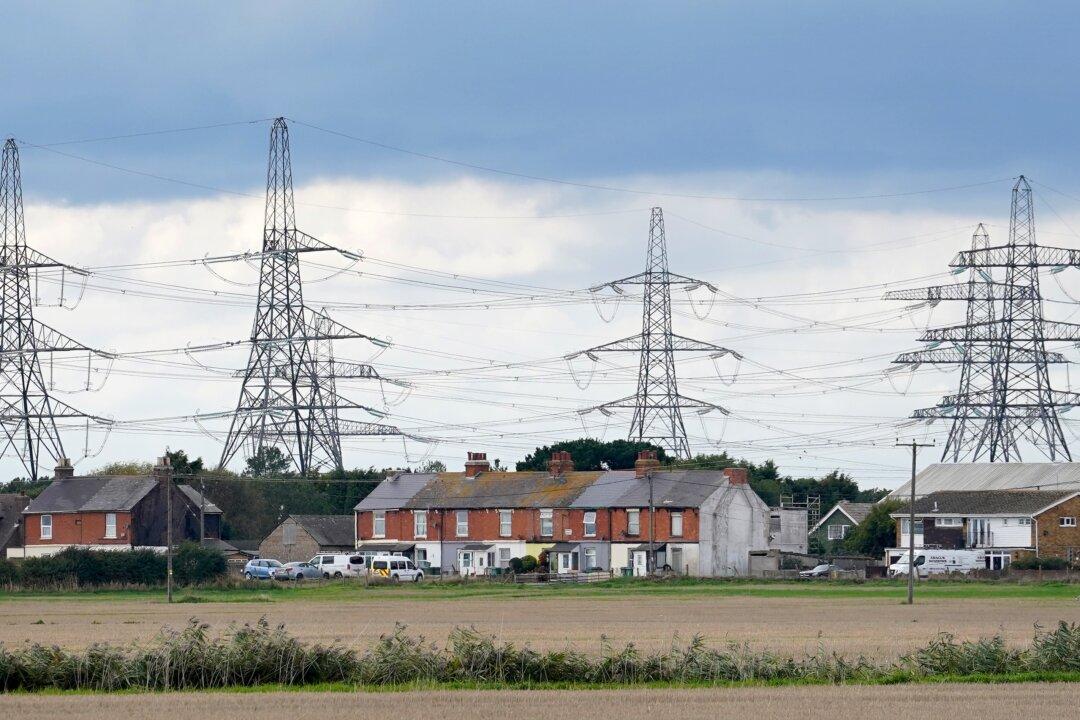Blackouts are less likely this winter as Britain’s electricity distributor said it’s cautiously optimistic there will be enough power in the coming months.
The National Grid’s Electricity System Operator (ESO) said the improvement has been driven by increased power generation, more battery storage, and the demand-side response since last winter.





